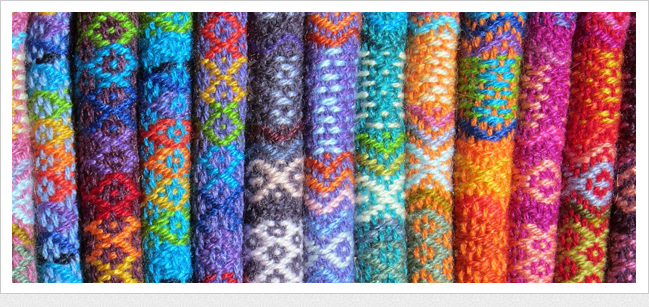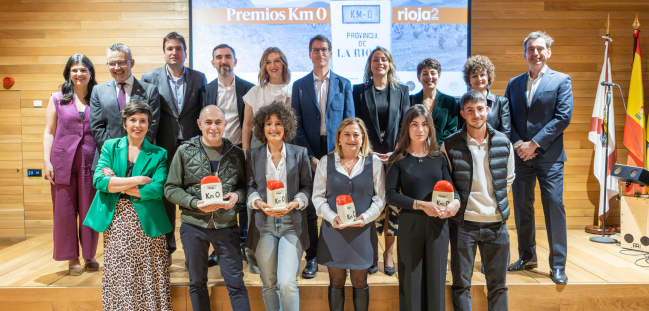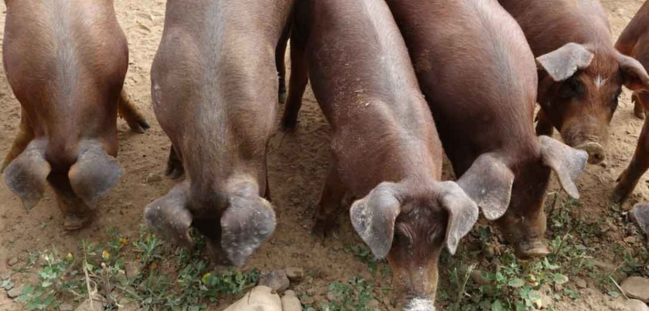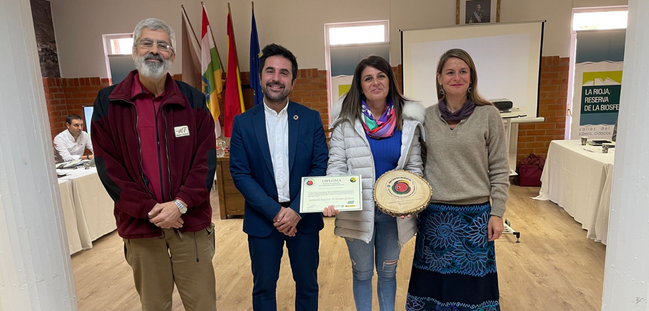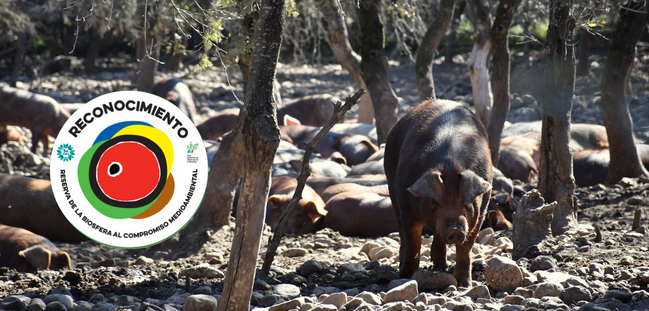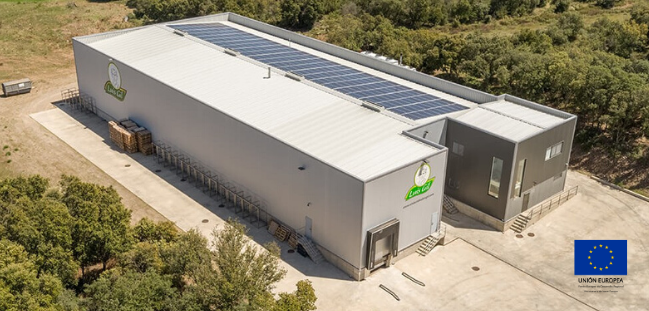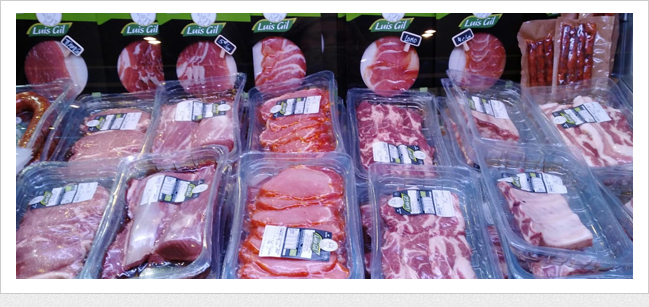The concept of “Slow Fashion” or sustainable fashion is the antithesis of what is known as fast fashion, also called industrialized fashion, which is almost everything that surrounds us today.
The concept “Slow Fashion” was defined by Kate Fletcher (professor of Sustainability, Design and Fashion at the Center for Sustainable Fashion in London) in 2007.
Initially it did not have any type of impact until the tragedy that occurred in the Bangladesh factory in 2013 where more than 1,000 people died when a building collapsed that did not comply with basic safety measures where they were industrially producing garments.
After this tragedy, both companies and consumers began to become aware of the situation in which many people worked and sustainable fashion began to gain followers.
“Slow Fashion” is a philosophy of responsible consumption that tries to make the consumer aware of the impact of fashion consumption on the environment, the depletion of resources and the impact of the textile industry on society.
The materials used to make garments with this philosophy are biodegradable and do not contaminate the environment.
Reject any type of mass-produced product and promote quality and perishable garments.
What are the commandments of “Slow Fashion”?
- Avoid industrially produced fashion as much as possible.
- Choose handmade garments supporting local commerce and fair trade.
- Buy second-hand clothes.
- Customize the clothes that we have in the closet and that we do not use.
- Choose clothing made with sustainable and ethically produced materials.
- Buy basic clothes that do not go out of style and that last longer.
- Reduce clothing consumption.
Nowadays, more and more consumers choose to buy garments from local and fair stores, of higher quality and exclusivity, avoiding garments at affordable prices, made of materials that are harmful to the environment and manufactured by people in precarious conditions.

